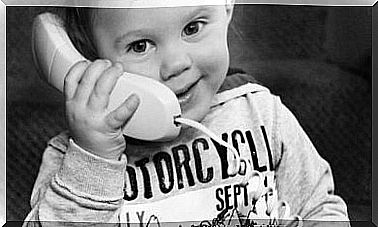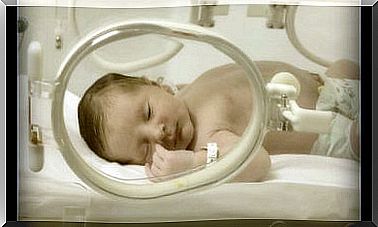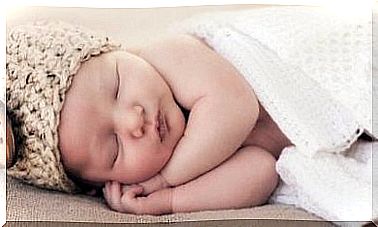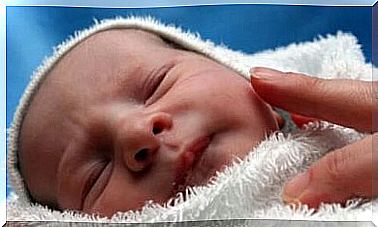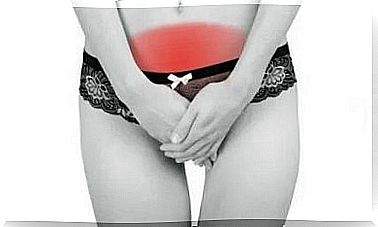Child Custody Types
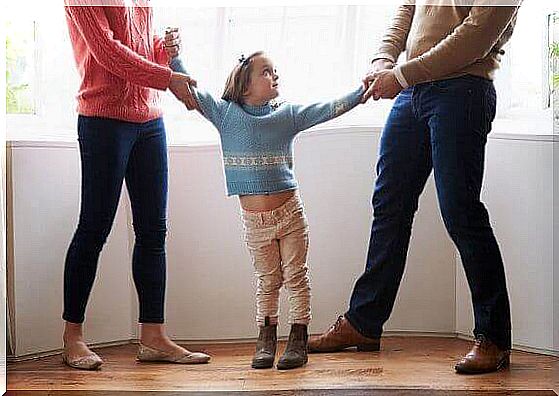
When a couple with underage children decides to separate, the parents immediately worry about what will happen to their children. Having knowledge and information about child custody types will facilitate a decision that will inevitably affect children directly.
Knowing that the parents are going to separate and that the family will no longer be in the same house often affects children directly. If, in addition, the couple has constant conflicts and fights over the types of custody of the children, their anguish will increase even more.
Ideally, the entire process should be carried out based on dialogue to reach a common agreement, without fights or violent arguments. If this is possible, the children will be left out of the whole separation process which can be very traumatic.
Who will the children live with? How will the visits of the father or mother who do not live with them daily? What happens during vacation? Who will be responsible for the minor’s decisions and authorizations?
In addition to these, there are many other issues that cross the minds of parents in a situation of separation. After all, they must opt for only one of the various types of custody provided by law.
What are the types of child custody?
1. Unilateral Guard
Statistics show that unilateral custody is actually the most frequent system. When a couple breaks up, one parent is in charge of the underage children. In unilateral custody, an agreement is reached on the frequency of visits by the non-custodial parent.
Until a few years ago, it was believed that children should stay with their mother in the family home. Therefore, children almost always remained under the guardianship of the woman, except in rare cases. However, parents began to claim their rights, as they considered that they were often left out of their children’s lives.
Therefore, although most unilateral custody is granted to mothers, nowadays there are also several cases where fathers apply for and assume custody.

2. Shared custody
Shared custody best responds to children’s need for both parents to be present. This type of custody contemplates the right of fathers and mothers to share life with their children.
In this modality of custody, children remain the responsibility of both parents, even if they do not live together.
The law generally does not specifically determine the length of stay with the father or mother, they must come to an agreement themselves. Psychologists do not advise this type of custody for children under the age of seven.
For shared custody to be established, parents must request it. In addition, both must show adequate living conditions to have custody of the children.
Leading a healthy lifestyle and having the resources to care for children are essential requirements for both parents for joint custody to be granted.
There are even cases where the children stay in the same house and the parents take turns to try to offer them more stability. In this way, they are prevented from missing a home while they are spending time in another home.
3. Alternate Guard
This type of custody proposes that the child spend the same amount of time with the father and the mother, alternating between their respective homes. The amount of time the child spends with each is determined in advance.
In some very exceptional situations, the judge may order the children to be distributed between the two parents. In other words, some siblings will be under the care of the mother and others, the father. These cases are rare, but they can happen. In this situation, the impact on children is even greater as siblings are separated.
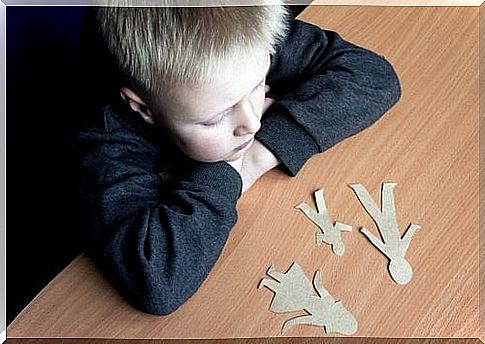
Children should always be a priority.
Children need stability to develop properly. Thus, it is necessary to prioritize the future of the little ones in case of divorce. In fact, this is the main aspect that the judge in charge of the case will consider.
Regardless of the established modality, it is important that the child has his space. If the parents live in different houses, it is advisable for her to have a room in each of them.
The perfect situation for children just doesn’t exist when parents separate or divorce. However, the impact will be less if parents focus on the well-being of the little ones. This will require some sacrifices, but children should be priorities for both parents.
